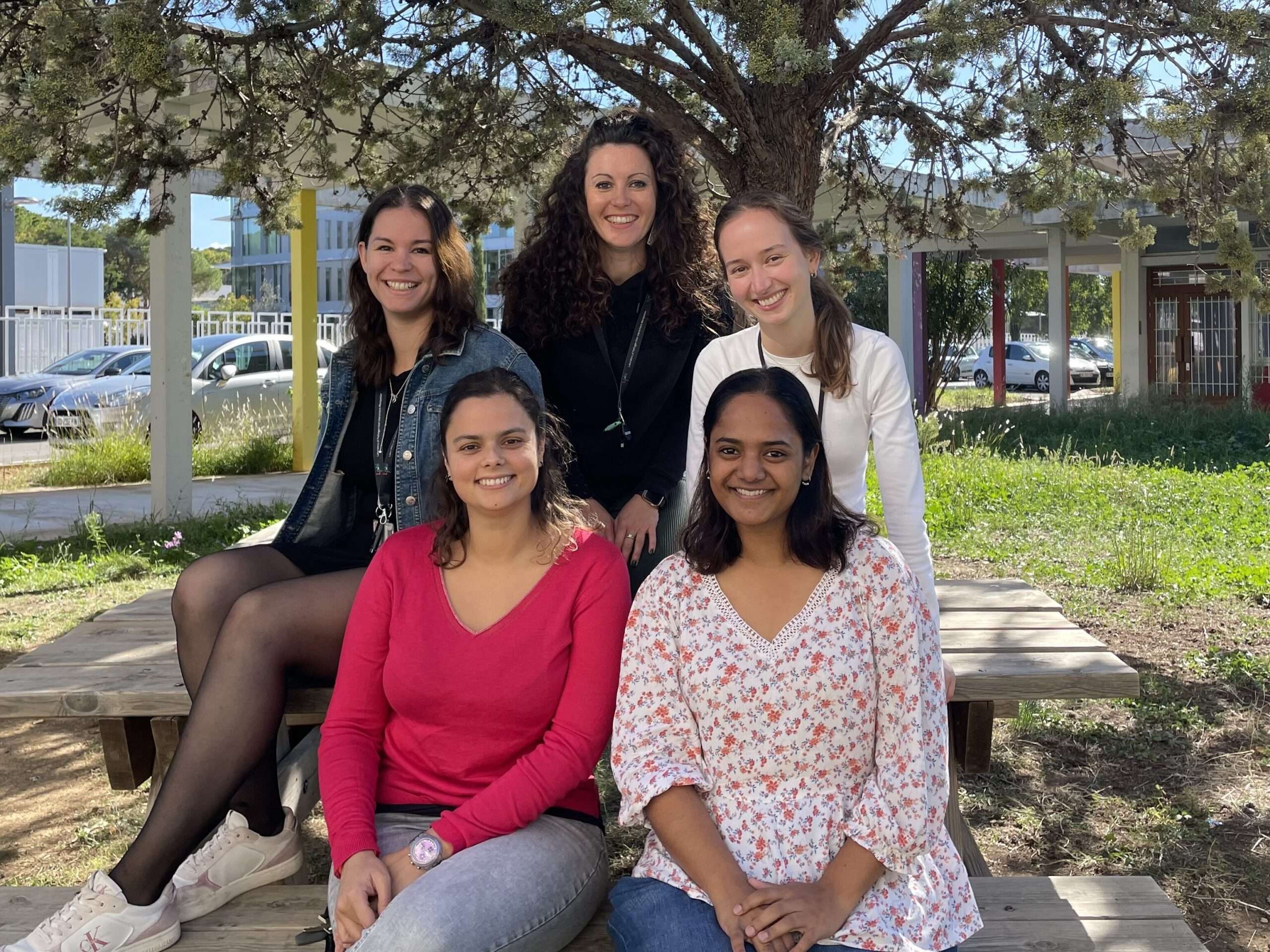cell cycle regulation and cell fate decisions in malaria parasites
The Apicomplexa phylum comprises divergent single-celled eukaryotic organisms with significant clinical relevance, such as Plasmodium parasites, the causative agent of malaria. The pathogenicity of Plasmodium is, in part, linked to its high multiplication rate during vegetative growth within the human host.
Currently, we lack basic knowledge such as a clear definition of the parasite’s cell cycle, how it is regulated, how cell fate decisions are wired and to what extent general eukaryotic cell cycle principles apply to this organism. Unlike model organisms, Plasmodium divides in unconventional ways producing not two but dozens of daughter cells, in a single cell cycle round. During this cycle the parasite’s genomic content undergoes several DNA replication rounds, within an enclosed nucleus, after which newly formed, non-condensed, nuclei are segregated into daughter cells, in a process termed schizogony. In addition, Plasmodium lacks sex chromosomes and thus sex determination is non-genetic, with each haploid parasite capable of producing either a male or a female gametocyte in the human host.
Altogether this points to yet-to-be-explored original and divergent cell cycle and fate decision architectures in malaria parasites.
The overall goal of the lab is to understand cell cycle progression in malaria parasites and to dissect cell fate decisions. We aim to understand how cellular events of the Plasmodium cell cycle are coordinated and controlled during the intra erythrocytic stages of development. Understanding how these processes are orchestrated will not only shed light on how evolution has tailored this branch of the tree of life, but it will also potentiate the development of new anti-malarials.



We’re always on the lookout for passionate and driven scientists who want to be part of our team. If you’re interested in joining us, we encourage you to reach out, even if there aren’t any current openings.
Your unique talents could be the perfect fit for our future